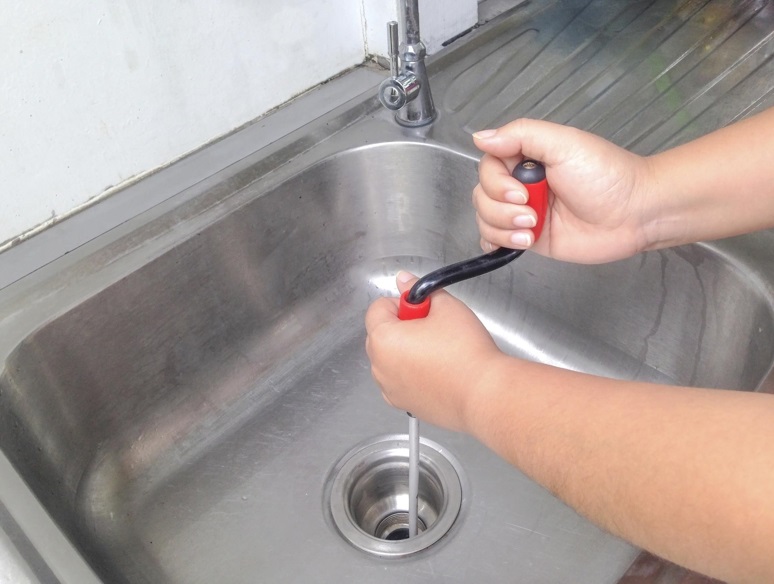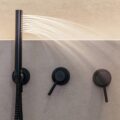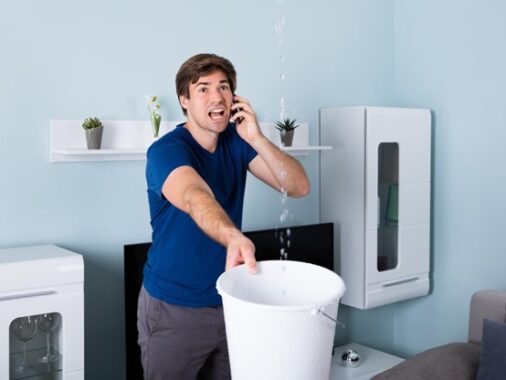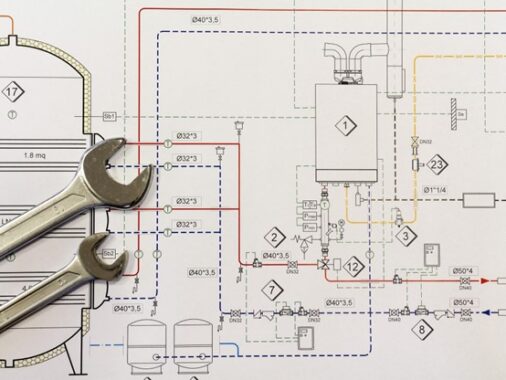Blocked drains remain a persistent issue in homes across Australia, often causing distress and inconvenience. Imagine the frustration of dealing with frequent overflows, unpalatable smells, and the substantial cost of fixing damaged plumbing resulting from neglected blockages. To circumvent these troubles, understanding the dynamics of effective drain cleaning and regular maintenance is crucial. This comprehensive guide will delve into the nitty-gritty of drain blockages. It explores the common causes, how to identify early signs, simple and advanced cleaning approaches, and effective preventive measures. Gaining astute knowledge on how to clean drains professionally and effectively benefits homeowners by extending the lifespan of plumbing systems, fostering a hygienic environment, and saving on potential repair costs.
Understanding the Reasons Behind Blocked Drains
Drain blockages can surface due to a myriad of reasons. Common contributors include sanitary products, copious amounts of tissue paper, cooking oils, and intrusive tree roots, among others. Each type of waste affects the plumbing system differently. For instance, cooking oils and grease don’t necessarily flush away when washed down; instead, they often solidify upon cooling. This phenomenon allows the grease to stick to the insides of pipes, effectively creating a trap that encourages the accumulation of other debris, ultimately leading to blockages.
Additionally, distinct plumbing systems have varying susceptibilities to blockages. Age and structural design of pipes play a pivotal role in this prevalence. Older infrastructure might have accumulated a substantial amount of scale over the years, narrowing the passage. On the other hand, certain designs can induce water flow patterns that make it easier for waste to get stuck. Constant blockages can gradually escalate, causing significant pipe damage. Therefore, it’s important to establish the correlation between repetitive drain blockages and the potential for irreparable damage to plumbing systems.
Recognise the Signs of a Blocked Drain
Knowledge of common symptoms of blocked drain arms homeowners with the power to detect and rectify issues promptly, thus mitigating any consequential damage. These symptoms range from slow-draining sinks and toilets, recurring foul smells in the kitchen or bathroom, frequent need for plunging, and unsettling gurgling noises. These symptomatic representations often vary in severity, embodying the intensity of the underlying blockage.
Dismissing these telltale signs of a blocked drain can usher in detrimental consequences. Blockages might become tougher and more critical, leading to pipe breakages or leaks that require expensive repairs or replacements. Therefore, it’s always advisable to pay heed to these early warning signs and seek prompt intervention.
Basic Techniques for Cleaning Blocked Drains
Numerous simple, DIY techniques can effectively clear blocked drains and restore the normal flow. Plunging, with the aid of a basic plunger, stands as one of the most affordable and easily accessible tools for drain cleaning. However, their efficacy relies heavily on correct usage. It’s essential to ensure that the sink has enough water to submerge the base of the plunger. This creates a necessary air-tight seal that allows for effective plunging.
Complementarily, drain snakes, or plumbers’ snakes, offer a more hands-on approach. By inserting this tool deep into the drain until you strike the blockage, you can then turn the handle to disintegrate the blockage.
Failingly, chemical drain cleaners can also tackle stubborn drains. These cleaners are, however, not without contention. While their harsh chemicals can render blockages cleared effectively, they can also have detrimental impacts on your pipes if used excessively. These chemical cleaners must be used sparingly—never a go-to solution for persistent drain issues.
Advanced Solutions for Severe Drain Blockages
In scenarios where blockages persist and appear more severe, advanced cleaning solutions may be warranted. Professional tools for drain cleaning such as hydro-jetting machines often come into play for stubborn blockages. Hydro-jetting works by dislodging blockages through powerful, high-pressure water streams that not only clear drains but also efficiently clean the interior surfaces of pipes.
Enlisting the services of professional plumbers is paramount for such complicated situations. As trained experts, they have in-depth knowledge and practical experience in identifying underlying causes, diagnosing the blockage severity, and selecting the most effective cleaning method. An increasingly popular method to accurately diagnose the problem is the drain camera inspection. Plumbers use special waterproof cameras to explore your plumbing system, providing a comprehensive internal view that helps in crafting effective cleaning or repair strategies.
Preventive Measures to Keep Drains Blockage-Free
Regular drain maintenance remains a critical measure in deterring the formation of blockages. Simple habits like being conscious of what goes down the drain can substantially reduce the risk of blockage formation. Avoid disposing of cooking oils, coffee grounds, and hair through the drain system.
Employing preventive tools like strainers and drain covers forms another layer of defense against potential blockages. These physically bar large remnants and debris from disappearing down the drain.
Equally vital is the periodical professional cleaning of your drains. Get your drains professionally cleaned to fend off the onset of severe blockages. It enables early detection of potential drain problems, ensuring the maintenance of your drains at peak operational conditions.
Conclusion
Offering a solution to blocked drains entails understanding the reasons contributing to blockages, identifying drain blockages in their infancy, and having a grasp of both simple and advanced cleaning techniques. It’s critical to leap into action at the first sign of a blocked drain to stave off substantial problems down the line. Proactively maintaining your drains with the added assurance of periodic professional cleaning can substantially reduce the risk of blockages. This not only safeguards the hygiene of your home but also protects the health and longevity of your plumbing system. In essence, effective drain cleaning is not just a reactive measure to drain issues, but a proactive approach that fosters a reliable, functional drainage system that enhances the livability of your home.






